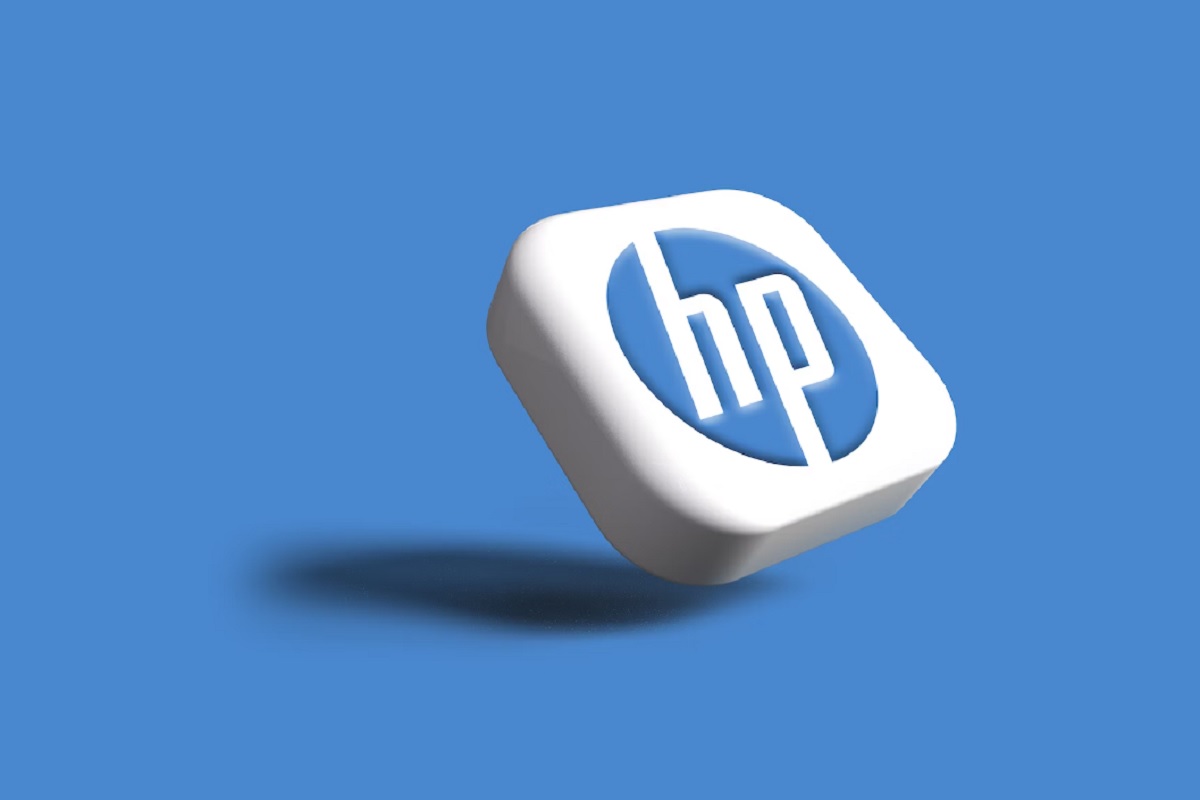HP, as part of its partnership with the Internet industry giant Google, which is part of Alphabet’s ownership structure, will launch the production of Chromebooks in India.

This solution, implemented in the framework of a cooperation project with one of the world’s most popular laptop manufacturing brands, makes Google the latest among global technology companies to expand its assembly capacity to the Indian market, which demonstrates growth dynamic and has convincing development prospects. The Government of this South Asian country is taking measures aimed at making the state a kind of production center that occupies an important place in the context of the international industry of advanced technologies.
The leadership of India allocates subsidies to create the infrastructure for making chips. In this context, the country is interested in cooperation with companies such as Nvidia, Advanced Micro Devices, and Intel. Also, India, as a state with a population of more than 1.4 billion people, is a profitable market in terms of quantitative indicators. This fact, combined with the government’s initiatives to cooperate with foreign technology companies, can lead to impressive results in the future.
Also, some firms have already begun to take the first steps to develop production in India. For example, Foxconn Technology Group, a Taiwanese manufacturer of electronics and computer components, and the largest supplier of Apple launched the assembly of iPhone 15 in this country and announced intention to increase investment in the development of its Indian business. Applied Materials, an American fabricator of equipment necessary for making chips, stated its plan to scale activities in India.
Alphabet Chief Executive Sundar Pichai announced the launch of laptop assembly in India on Monday, October 2, on his account on the social network X, formerly known as Twitter.
Chromebooks will be manufactured at the Flex Facility, located near Chennai, the administrative center of Tamil Nadu. HP has been assembling a number of laptops and desktops at this factory since August 2020.
Chromebook is a device developed by Google specialists. This laptop operates on the meringue of the Chrome OS operating system. Google positions this development as a kind of tool for school education, which helps more than 50 million students and teachers around the world. The device has built-in accessibility and security features. Google said the Chromebook will receive regular automatic updates for 10 years.
Vickram Bedi, Senior Director of HP Personal Systems in India, said that this company strives to contribute to the implementation of the concept of digital justice, and participates in many initiatives aimed at ensuring the virtual education process throughout the South Asian country. According to him, the localization of Chromebook production will provide Indian students with unhindered access to digital technologies.
In this case, Google is increasing its competitiveness with Microsoft, whose operating system called Windows is used in many computers around the world, for example in devices of brands such as Dell Technologies and Asustek Computer.
Also, the Indian production of Chromebooks, according to experts, is a kind of victory for the plan of the Prime Minister of this country, Narendra Modi, to stimulate the development of the technology sector. In this context, attention should be paid to the current geopolitical situation. The tense relations between Washington and Beijing, which have already caused restrictions on Chinese companies’ access to advanced chips, are to a certain extent a factor favoring the implementation of India’s efforts. Fearing the deterioration of the current state of affairs, technology companies are diversifying production outside of China. These actions are aimed at ensuring that at some point firms do not face losses and restrictions due to potential new measures by Washington aimed at reducing Beijing’s technological potential.
The Indian production will allow HP to avoid any possible sanctions against Chromebook imports. The cost of this device, developed by Google, is lower than average market prices and at the same time, the profit margin is small. For this reason, any tariff measures for the Chromebook manufacturer will become a sensitive impact factor.
According to the results of the second quarter of this year, the Indian personal computer market showed a decrease of 15%. HP is the most popular laptop and PC manufacturer in this country. The company’s share in the local market is 31%. In the Indian popularity ranking, HP is followed by Lenovo and Dell.









